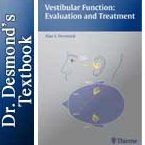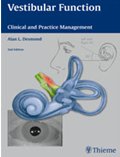Blue Ridge Hearing and Balance Clinic
Tinnitus Assessment and Treatment
The first step in assessing tinnitus is to determine the source. While most tinnitus is the result of damage to the hair cells within the cochlea (inner ear), tinnitus can also be the result of a benign growth on the auditory nerve between the ear and the brain, or may be unrelated to the ear. Conditions such as Temporo-Mandibular Joint (TMJ) Syndrome, and several medications can cause tinnitus.
There is a standard audiological assessment that accomplishes two things: The first is to thoroughly evaluate the ear and auditory nerve pathway and the second is to determine the best treatment and chances for improvement.
The audiological evalution should include tests of your ability to hear tones (low through high pitch) and understand speech at various loudness levels. Tinnitus matching allows us to pinpoint the frequency, perceived loudness, and maskability (ability to drown out the bothersome tinnitus) with a useful and less annoying sound.
Tinnitus assessment is covered by most insurance providers, but tinnitus treatment is typically not covered.



